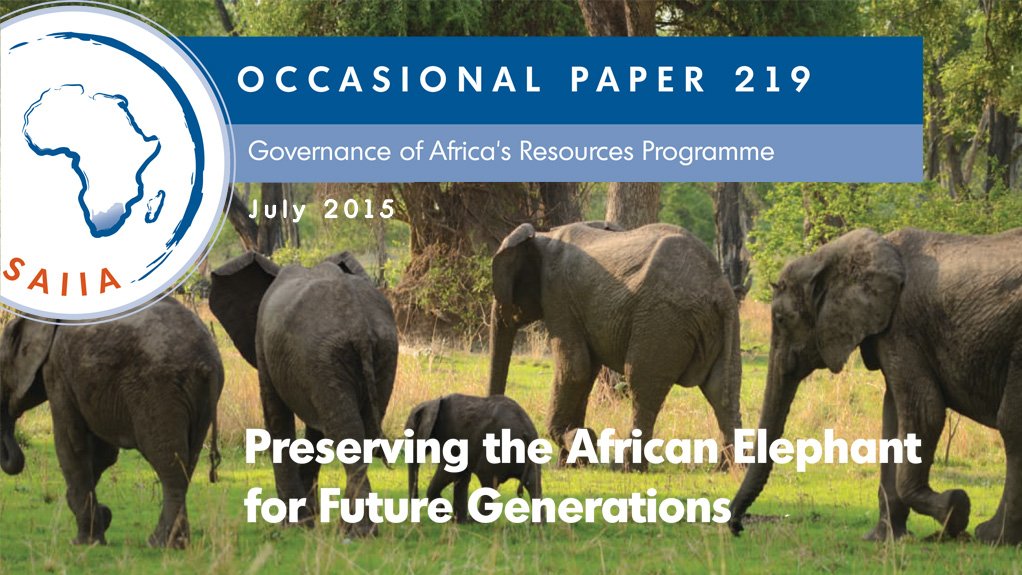African elephants face an escalating poaching crisis due to an explosion in demand for ivory, mostly in China. Over 100 000 elephants were killed illegally between 2010 and 2012. This paper synthesises the relevant economic literature on elephant conservation, which informs the construction of a game theoretic model. The model is designed to demonstrate which combination of strategies would yield the most efficient allocation of capital for conservation efforts. Three main strategic governance options are available. The first is effective demand reduction. Demand reduction is not a simple matter of running a uniform awareness campaign. It requires a differentiated marketing approach directed at three markedly different groups of consumers. Shifting the demand curve inwards, where the marginal utility of consumption is highest, will have the largest effects on price reduction, thereby disincentivising poaching. In order to secure supplyside credibility for such campaigns, range states should put their domestic stockpiles beyond commercial use immediately and simultaneously. Demand-side efforts should also consider how to compensate potential economic losers. This entails ensuring that sufficient alternative economic value is bestowed on elephants to incentivise societies in developing countries to invest in their preservation.
Second, poaching in range states must be substantially and rapidly curtailed. Reducing poaching is not solely about protecting borders, employing better technology and arresting more poachers. It also requires elephant range states to co-ordinate on a number of levels. Third, banning domestic trades is an important complement to the first two priorities, especially for the sake of lowering the transaction costs of law enforcement to prevent the trafficking and laundering of illegal ivory. The model indicates that employing the first two strategies first may be optimal, as these have the greatest immediate probability of success. Efforts to ban domestic trades should follow, as the scale of the problem will presumably become smaller, ensuring higher returns on the capital invested in enforcing such a ban.
Click here to download the report
Author: Ross Harvey, South African Institute of International Affairs
EMAIL THIS ARTICLE SAVE THIS ARTICLE
To subscribe email subscriptions@creamermedia.co.za or click here
To advertise email advertising@creamermedia.co.za or click here











